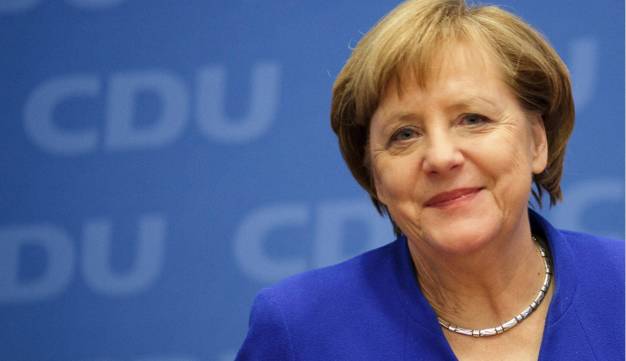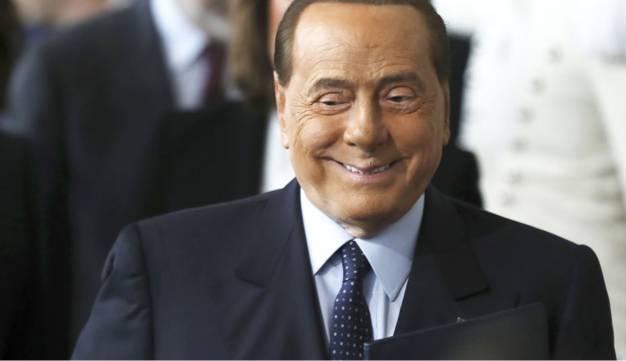Building and managing lasting reputation and brand equity in the political arena is a complex process involving several key elements.
The challenge is that it is often not possible to consolidate the political brand project in the long term. Politicians themselves implode their projects.
This has led to a significant decline in trust in politicians around the world.
And, as an alternative, a good proportion of people have turned their attention to characters that are not considered traditional politicians (outsiders), as has been the case of Donald Trump in the United States, Evo Morales in Bolivia or Volodymir Zelenski in Ukraine. And this has not turned out for the best in some cases either.
It seems that most of the political class is engrossed in a dark cloud that only allows them to see their own interests, blind, disconnected from the reality of what is happening in daily life.

Most politicians harm themselves and those they represent.
Although it is also true that time catches up with them and bills them in one way or another, and the ecstasy of the overdose of power leaves them stunned, sometimes for life.
Isn’t it obvious that the road to a better political future is not built with lies or nonsense?
The politician, being congruent with his ideology, transcends him in a greater reputation and a better horizon, in better perspectives; which are capitalized little by little.
From the point of view of a brand strategy professional, it is essential to address in a coordinated manner the aspects that have an impact on establishing a solid and positive presence in the minds of citizens.
Key Elements of Political Branding
Authenticity and Consistency
Authenticity is fundamental for any political figure. Citizens are looking for leaders who are consistent in their messages and actions, generating long-term trust.
Communication
The ability to communicate ideas clearly and effectively is essential. Rhetoric and the ability to connect with the audience are key to building a positive image.
Transparency
Being clear in actions and decision making contributes to building trust. Withholding information or lack of clarity can be detrimental.
Positioning in Key Topics
Politicians must be able to position themselves clearly on points relevant to their audience. This helps to establish a strong political identity and attract those who share those values.
Crisis Management
The way politicians handle crisis situations directly impacts their reputation. Effective management can turn a crisis into an opportunity to strengthen the connection with the audience.
Positive Examples
Barack Obama stood out for his authenticity, exceptional communication skills and strong emotional connection with the audience. His message of hope resonated, building a positive and lasting brand.
Angela Merkel stood out for her stable leadership during the financial crisis and her pragmatic approach. Her image of stability and competence contributed to a solid reputation.

Justin Trudeau has been able to connect with young people and has taken a progressive stance on social issues. His fresh and modern approach has strengthened his brand equity.
Negative Examples
Richard Nixon, the lack of transparency in the Watergate scandal irreparably damaged Nixon’s reputation. The perception of deception and corruption left a negative mark.
Silvio Berlusconi faced numerous legal scandals and allegations of corruption. His poor crisis management and lack of ethics negatively impacted his image.

Nicolás Maduro has faced criticism for his handling of the economy, political repression and human rights violations. The economic and social crisis in Venezuela has led to a massive exodus of citizens and has generated national and international tensions.
In conclusion
Building and preserving reputation and brand value in politics requires a strategic approach ranging from authenticity and effective communication to crisis management.

Positive examples highlight the importance of these elements, while negative examples highlight the consequences of their absence or poor management.
Successful politicians recognize the need for a strong branding strategy to gain and retain the trust of the public.





